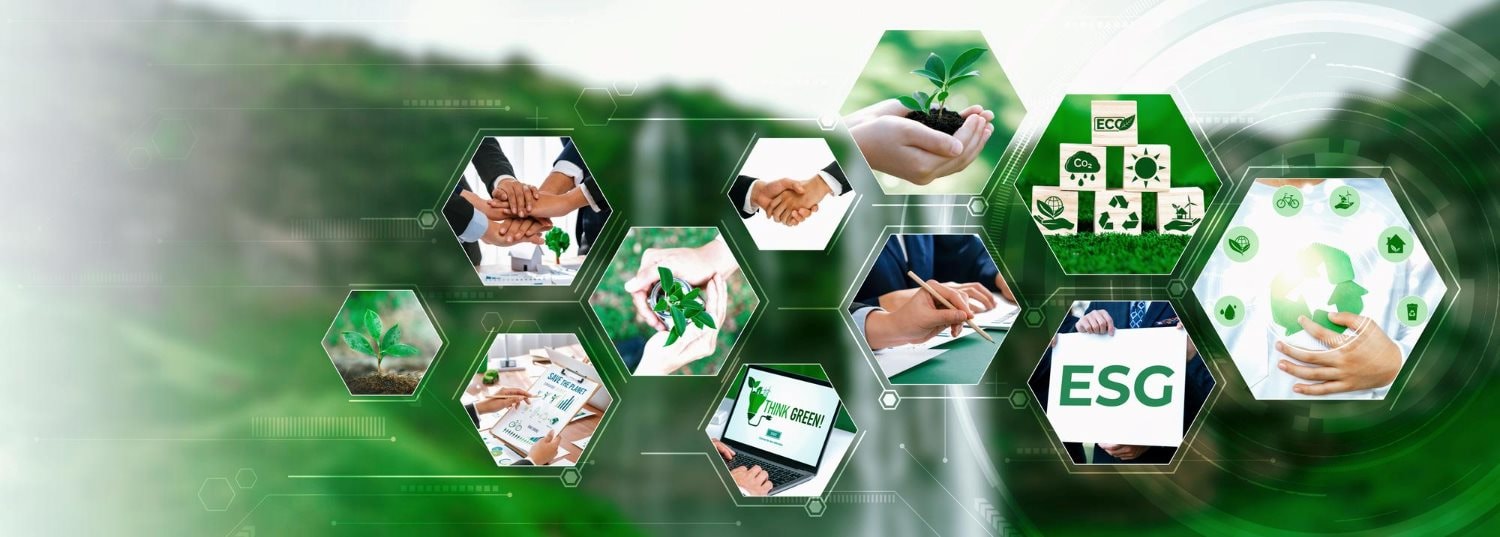Part 1: Global ESG Trends and Lessons for Vietnamese Businesses
English - Ngày đăng : 08:00, 03/12/2024
Editor's Note
As sustainable development becomes an essential trend in the global economy, the adoption of ESG (Environmental, Social, and Governance) standards is increasingly gaining attention in Vietnam. To provide in-depth and multidimensional insights on this topic, Vietnam Logistics Review (VLR) proudly presents a special series of five articles titled "ESG and the Journey Towards Sustainable Transformation for Vietnamese Businesses."
This series will explore global ESG trends, the current state of adoption in Vietnam, the role of policies and community engagement, and invaluable lessons from key economic sectors. Through these discussions, we aim to support Vietnamese businesses in seizing opportunities, overcoming challenges, and shaping sustainable growth strategies to enhance their competitiveness in the international market.
Join VLR as we embark on this journey towards a sustainable economy!
.jpg)
.jpg)
From the European Union (EU) to the United States and Asia, ESG has surpassed the traditional concept of corporate social responsibility to become a mandatory standard in business operations. The EU, as a pioneer, has laid the groundwork for ESG development through regulations such as the Corporate Sustainability Reporting Directive (CSRD). This directive not only promotes transparency in reporting but also requires companies to demonstrate environmental and social accountability via the EU Taxonomy, a green classification system.
In the United States, despite ongoing debates, ESG remains an irreversible trend. Regulations targeting “greenwashing” and mandating greenhouse gas emissions reporting have increased transparency. For instance, California has passed laws requiring comprehensive emissions disclosures, compelling businesses to comply to remain competitive in this stringent capital market.
.jpg)
.jpg)
Meanwhile, Asia is witnessing a significant transformation with the ASEAN Taxonomy Version 3, a tool that provides businesses with clearer guidance on ESG standards. Countries like Japan, China, and other Southeast Asian nations have made notable progress, particularly in renewable energy and emissions reduction. In Japan, over 90% of companies in the N100 group have issued ESG reports, a figure expected to rise further due to supportive policies.
.jpg)
.jpg)
The 2024 report highlights that ESG remains a relatively new concept for many Vietnamese businesses. Of the 1,019 companies surveyed, 39% had never heard of ESG, primarily small and micro-enterprises. These businesses often face difficulties in accessing information and resources, especially in economically remote areas like the Mekong Delta or the Central Highlands.
Despite this, positive signals are emerging. Larger companies, particularly listed firms and those with foreign direct investment (FDI), have proactively implemented ESG strategies. According to the report, the Social pillar is the most successfully implemented, with a rate of 68%, followed by Governance (63%) and Environment (52%). These outcomes reflect the recognition by large businesses of the benefits of meeting ESG requirements, including risk mitigation, operational efficiency, and attracting international investment.

However, significant barriers need to be addressed to promote ESG in Vietnam. One key issue is the lack of clear guidelines and dedicated training programs for businesses. Raising awareness and supporting small businesses to participate in sustainable value chains will enable Vietnam to better capitalize on the opportunities arising from this trend.
.jpg)
.jpg)
Experience from developed nations shows that the key to advancing ESG lies in combining clear policies, financial support, and effective communication strategies. In the EU, green funds and loan programs have alleviated financial burdens for small businesses adopting ESG. The Taxonomy system, in particular, provides a clear roadmap for businesses to identify and prioritize sustainable investments.
In the US, training programs linked to universities and international organizations have enhanced the capacity of businesses to develop ESG strategies. Leading companies like Microsoft, Tesla, and Alphabet have demonstrated that investing in ESG is not just a trend but a pathway to achieving sustainable competitive advantages.
.jpg)
.jpg)
Integrating ESG into business strategies is not merely a trend but an essential requirement in the context of globalization and climate change. For Vietnam, adopting ESG will enhance business competitiveness, expand market reach, and build trust with international partners. However, achieving this goal requires coordinated efforts from the government, businesses, and supporting organizations. If leveraged effectively, ESG will not only be a challenge but also a vital driver of sustainable development for Vietnam in the future.
